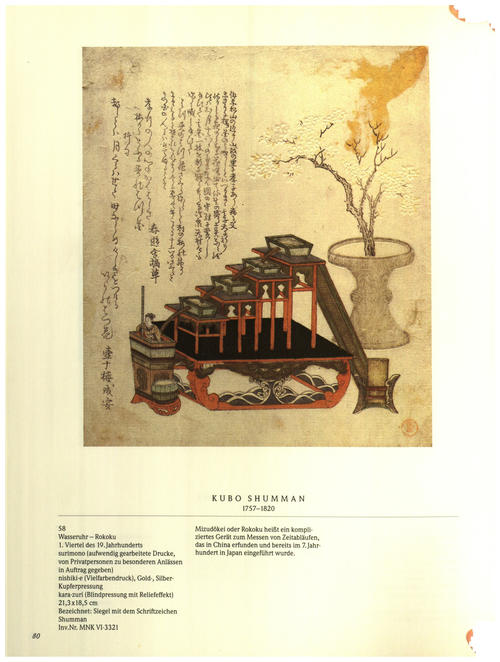Episteme in Motion
Episteme in Motion
From 2012 through 2016, Sebastian Conrad and Michael Facius participated in the Collaborative Research Center (=SFB 980) “Episteme in Motion: Transfer of Knowledge from the Ancient World to the Early Modern Period,” with a project on “Early Modernities in Japan: Current Debates about the Origins of Modernity”.
The Collaborative Research Center (SFB) “Episteme in Motion” is dedicated to the examination of processes of knowledge change in pre-modern societies in Europe and beyond. In the historiography, there has been and still is a tendency to portray knowledge in these cultures as particularly resistant to change, a tendency detectable both in the ways such cultures have often seen themselves as well as in the ways they have been described from outside. Against this received view, the CRC focused on, and emphasized, transformation and circulation of knowledge, sometimes over extended periods of time or across borders.
The concept of „Early Modernities” has emerged as a crucial focus of discussion in recent debates in global history. In this project, we sought to move beyond the scholarly domain, and assess the significance of arguments about “early modernity” in East Asia today, with a particular focus on Japan. “Early Modernity” is not only an academic issue. Instead, claims to “early modernity” resonate powerfully in the political sphere, and can be used in domestic and international settings to legitimate political options.
The project included inquiry into the sociology of knowledge, and into the politics of claiming “early modernity” in our globalized present. At the same time, the project aimed to address issues of circulation of knowledge in early modern Japan, and to discuss ways in which early Tokugawa history can be understood as shaped by connected histories within East Asia.





